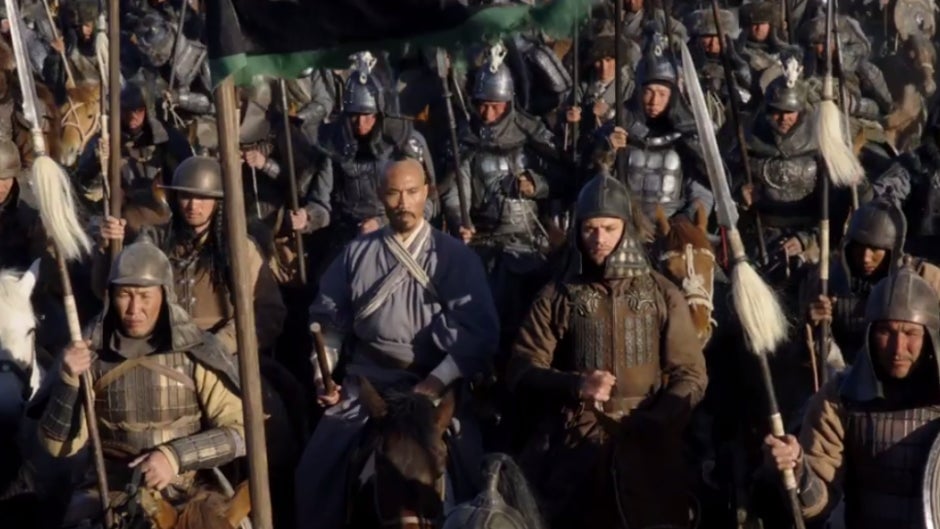Netflix’s attempt to clone Game of Thrones is getting really bad reviews
Netflix’s most ambitious original show yet went live in the early hours of this morning, US time. Marco Polo, described as an epic Silk Road adventure, chronicles the famous medieval Italian explorer’s adventures in Asia. It cost $90 million to make, and has been described as Netflix’s attempt at making its own Game of Thrones, the mega-hit show made by its rival, HBO.


Netflix’s most ambitious original show yet went live in the early hours of this morning, US time. Marco Polo, described as an epic Silk Road adventure, chronicles the famous medieval Italian explorer’s adventures in Asia. It cost $90 million to make, and has been described as Netflix’s attempt at making its own Game of Thrones, the mega-hit show made by its rival, HBO.
The reviews are trickling in—they are lukewarm at best; and at worst, downright hostile. According to Metacritic (which aggregates reviews) Marco Polo has received an average score of 45% from critics, which is decidedly tepid. Here is a small sampling:
- USA Today described it as “one of those cheesy international syndicated adventures.”
- Time called the show “ludicrous.”
- The AV Club said it is a “not-so-epic epic.”
- The Hollywood Reporter called it a “middling mess.”
- The New York Times bemoaned Macro Polo’s “most egregious flaw”—its “exploitation of female characters.” It said the show has “lowest-common-denominator aspirations,” and “won’t garner the critical respect of other Netflix offerings.”
- In fairness, Entertainment Weekly said the series becomes “surprisingly watchable.”
Original content is hugely important to Netflix’s next phase of growth, and its ability to retain the millions of customers it has attracted during its astonishing ascent. The company has only been in the original content game for a couple of years, and has already had two smash hits, House of Cards and Orange is the New Black.
As Netflix’s chief content officer Ted Sarandos explained at an investor presentation earlier this week, not all of its content bets, which are based on data it gleans from user behavior, will be designed to have mass appeal.
But Marco Polo clearly was. Whether audiences respond more favorably than critics remains to be seen. But if they don’t, it would be a setback for the idea that a data driven approach (paywall) can trump old fashioned creativity in content production.